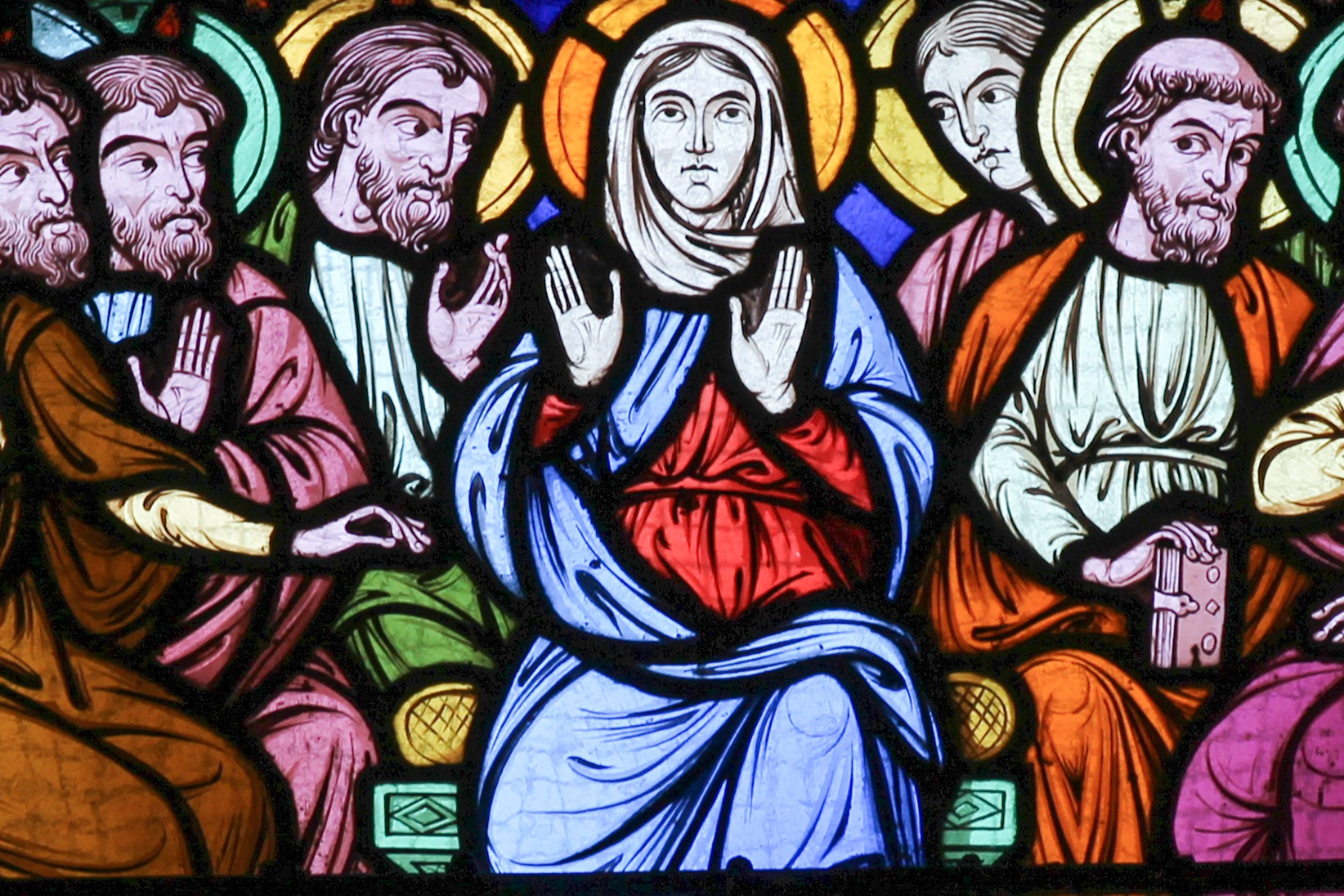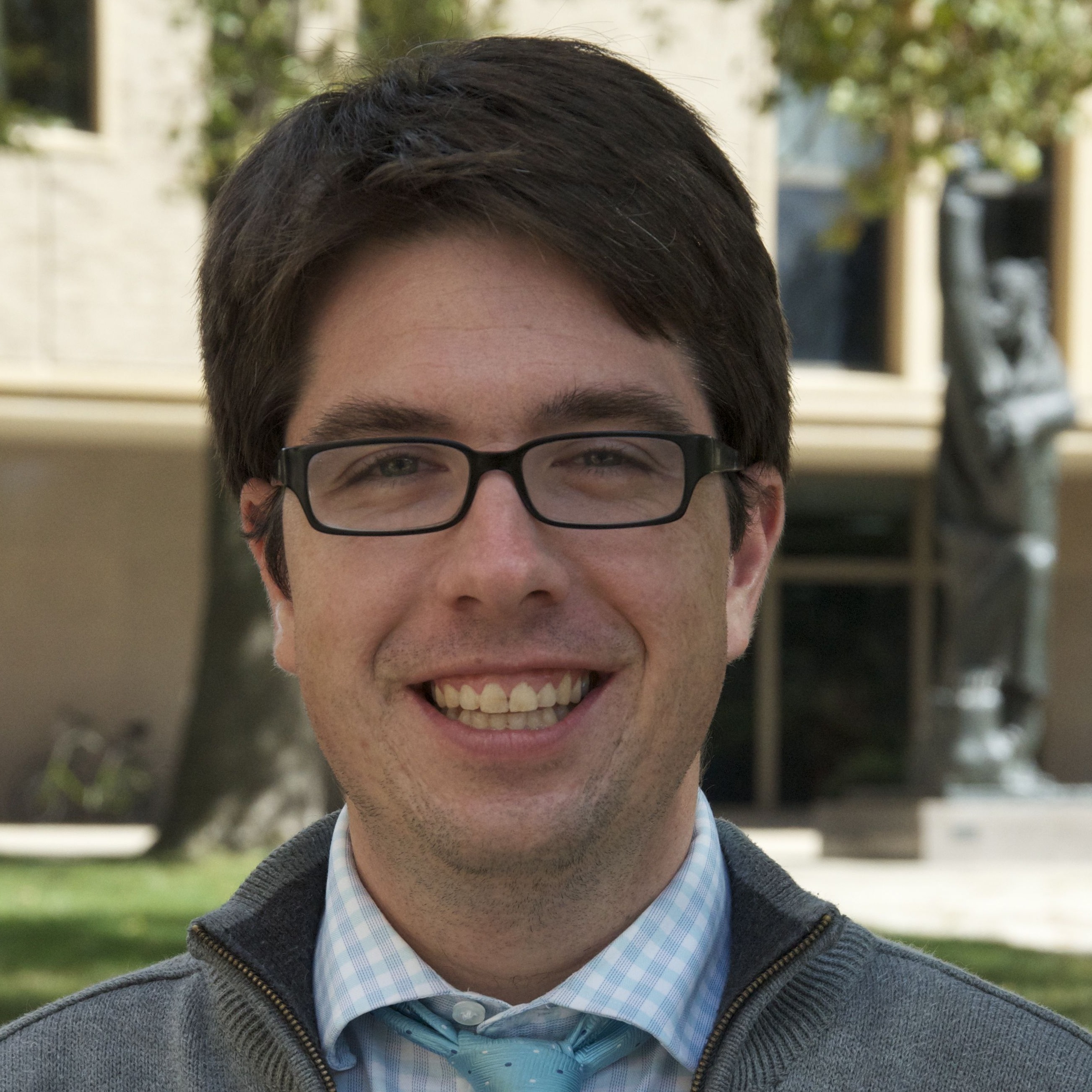Most Catholics are at least vaguely aware that the Easter Vigil is a high point of the liturgical year. Yet, the Vigil of Pentecost rarely gets the same attention, despite having its own set of extended readings. If we read these texts for the Vigil of Pentecost, we discover that Pentecost is the fulfillment of Easter, not simply the end of the season.
In the book of Genesis, we are invited to remember that sin which led to the disunity of the nations. In constructing the Tower at Babel, our forebears sought to ascend above the heavens, to rebel against God. They wanted to build a civilization apart from God, to glorify themselves. The Lord descends, seeing this act of rebellion, and “scattered them from there all over the earth, and they stopped building the city” (Gen 11:8).
Those who once spoke one language, now speak many. And at the feast of Pentecost, when the Apostles begin to speak the languages of all the known world through the power of the Spirit, the disunity of sin is now replaced by the unity of the Spirit (Acts 2:1–13). The birth of the Church at Pentecost is the restoration of humanity’s vocation to unity.
This restoration began with the people of Israel, called forth from Egypt as God’s “special possession, dearer to me than all other people, though all the earth is mine. You shall be to me a kingdom of priests, a holy nation” (Ex 19:5–6). The vocation of the Church at Pentecost is the same one revealed to Israel. The Church is a holy people, called out by God, to serve as priests of the new covenant. Through the Church, all humanity is sanctified and restored as creatures made for praise.
This transformation, of course, is ongoing. The prophet Ezekiel is given a vision of dry bones, scattered in every direction. The Lord God speaks: “You shall know that I am the Lord, when I open your graves and have you rise from them, O my people! I will put my spirit in you that you may live” (Ez 37:13–14). Israel, in exile in Babylon, is promised a restoration. They will receive a new Spirit, enabling them to walk in law of the Lord in purity of heart.
And so too the Church—and thus each Christian baptized into Christ—receives at every Mass, in every act of prayer, a new outpouring of the Spirit. This Spirit will one day raise each of us from the dead, bringing us face-to-face with the living God. On this day of the Lord, on this final moment of Pentecost, “everyone shall be rescued who calls on the name of the Lord” (Jl 3:5).
In light of this promise, how can we not cry out for this transformation of all creation, singing with the psalmist, “Lord, send out your Spirit, and renew the face of the earth” (cf. Ps 104:30)? The Church, “who have the firstfruits of the Spirit,” who “groan within ourselves as we wait for adoption, the redemption of our bodies” (Rom 8:23): we still await our final destiny. Easter is not over. It still reigns as the Spirit enlivens the earth.
So, the feast of Pentecost is not the end of Easter. It is the feast that celebrates the Church’s position in history as the People of God assembled by the Spirit, who now await with longing the final redemption of all creation. While we wait, we come to the Eucharistic banquet and discover there the presence of Jesus who invites “anyone who thirsts come to me and drink” (Jn 7:37). Come and eat the Body of Christ. Drink his Blood. And discover there the Spirit that renews all creation dwelling in the Church.
![]()
This article originally appeared in Our Sunday Visitor: Newsweekly on May 4, 2016 and is reproduced here with the permission of the publisher.
Featured Image: Fr. Lawrence Lew, OP; CC BY-NC-ND 2.0.



